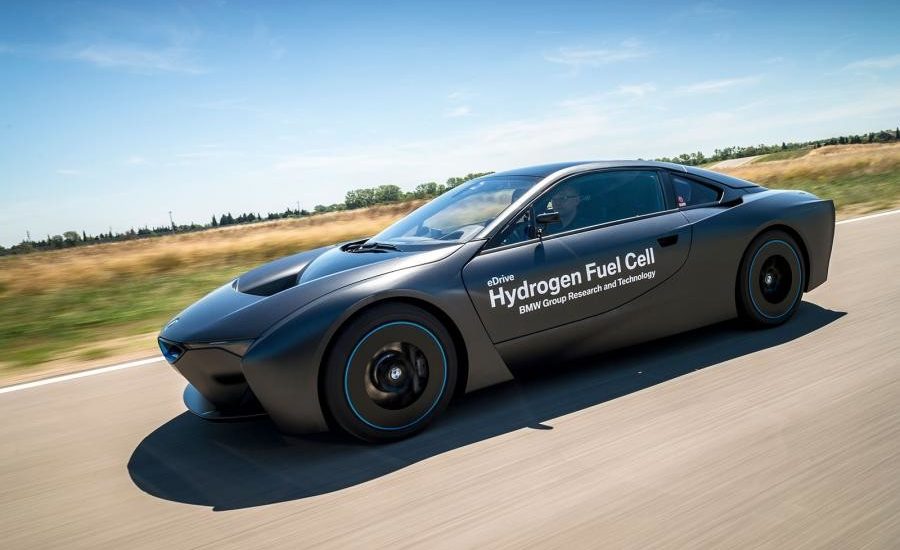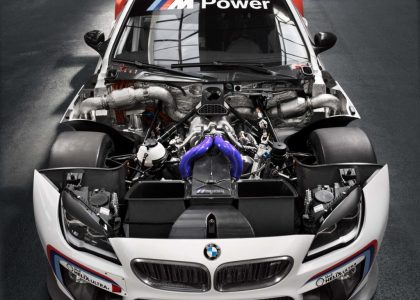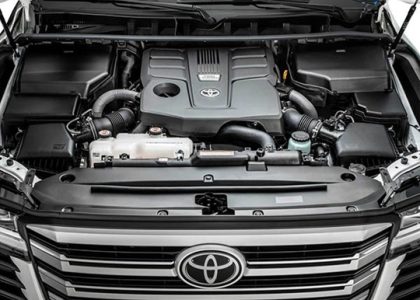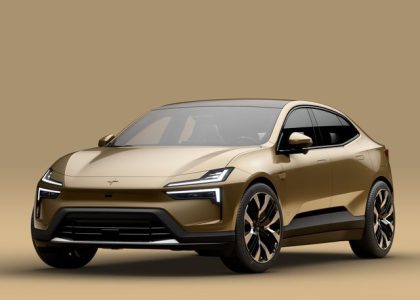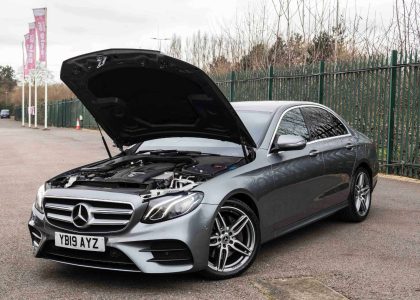In a surprising turn of events, BMW, a leading innovator in the electric vehicle (EV) market, has announced a significant shift in strategy. Instead of doubling down on electric cars, the German automaker has unveiled its latest breakthrough: hydrogen-powered vehicles. This bold move has sent shockwaves through the automotive industry, sparking speculation about the future of sustainable transportation. Let’s delve into BMW’s decision and explore the potential of hydrogen cars.
The Decline of EVs: For years, electric vehicles have been hailed as the future of automotive technology, offering zero-emission driving and reduced reliance on fossil fuels. BMW has been at the forefront of this movement, with models like the i3 and iX3 showcasing the brand’s commitment to electrification. However, despite their environmental benefits, EVs have faced challenges such as limited range, long charging times, and concerns over battery production and recycling.
Enter Hydrogen Cars: In a bold departure from the status quo, BMW has shifted its focus to hydrogen-powered vehicles. Unlike electric cars, which rely on batteries for energy storage, hydrogen cars generate electricity through a chemical reaction between hydrogen and oxygen, emitting only water vapor as a byproduct. BMW claims that hydrogen cars offer several advantages over EVs, including faster refueling times, longer range, and zero emissions during operation.
The Secret to Hydrogen Cars: BMW’s decision to embrace hydrogen technology comes after years of research and development. The company has reportedly made significant advancements in hydrogen fuel cell technology, overcoming challenges related to efficiency, durability, and infrastructure. With these breakthroughs, BMW aims to position itself as a leader in the burgeoning hydrogen car market, catering to environmentally conscious consumers seeking a sustainable alternative to traditional combustion engines.
The Road Ahead: BMW’s pivot to hydrogen cars marks a significant milestone in the automotive industry’s transition to sustainable transportation. While EVs have dominated headlines in recent years, hydrogen-powered vehicles could offer a compelling alternative, particularly for long-distance travel and heavy-duty applications. However, challenges remain, including the establishment of hydrogen refueling infrastructure and the scalability of hydrogen production.
As BMW bids farewell to electric vehicles and embraces hydrogen cars, the automotive landscape is poised for a paradigm shift. With its latest breakthroughs in hydrogen fuel cell technology, BMW is set to redefine sustainable transportation and pave the way for a greener future. While the transition from EVs to hydrogen cars may not happen overnight, BMW’s bold move signals a new era of innovation and possibility in the automotive industry.

